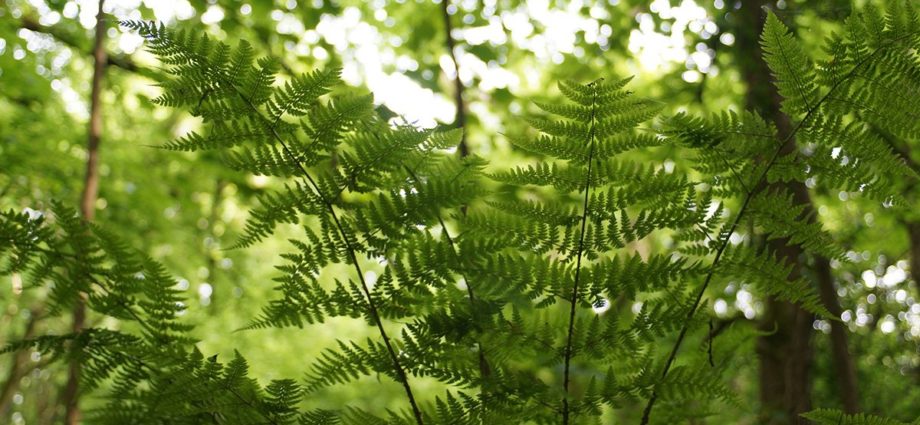
Politics is a very transitory phenomenon. The change in focus happens very quickly. What was a major issue dominating the media suddenly disappears when something else takes over. Partygate, which looked like it might topple the government, has now virtually disappeared from public view. But just because they are not dominating the headlines it doesn’t mean issues have gone away. The Partygate investigation rumbles on. But another far bigger issue has been pushed away from the front pages but is still there. I am talking about Climate Change.
COP-26
Cast your mind back to last November. There were protests all over the world about climate catastrophe. The evidence was fairly clear for all to see – clear evidence of global warming with storms, floods and fires. The COP-26 Conference agreed to aim for net zero emissions by 2050. We need to be clear what this meant. Climate change was not going to be reversed, merely slowed down. If the measures agreed at COP-26 were implemented, growth would slow to 1.5%. Boris Johnson was enthusiastic in his support.
Climate change and biodiversity
Climate change is caused by society generating too much carbon, with the natural systems for capturing this carbon breaking down. In 2017, a group of researchers led by Bronson Griscom, who researches natural climate solutions at Conservation International, discovered that natural biodioversity can deliver at least 30 percent of the emissions reductions needed by 2030 to prevent climate catastrophe.
Biodiversity – that is the variety of plants and animals on earth, has declined dramatically over the last fifty years. During that period we have lost 60% of our wildlife populations, and greenhouse gas emissions have doubled since 1980. Action is urgently needed. The easiest way is to increase the areas where wildlife can thrive.
As result of COP-26 the government is publishing annual targets to improve biodiversity. These aim to increase species abundance and restore wildlife habitats.
Wildlife habitats do not just mean woods. They could be wetlands or meadows. Natural England is in the process of restoring wildlife meadows on its reserves at present.
Then of course there is the proposal to plant more trees.
Planting trees
This is perhaps the easiest for people to understand. Woodland cover in England is about 11% and the European average is over 30%. This is due to cutting down woodland in the past and introducing grazing which prevents new trees growing. Look at how little tree cover there is in the Lake District.
Simply urging people to plant more trees isn’t necessarily going to solve the problem. They need to be properly managed so that they do not die, as has often happened, but create a proper ecosystem. The Turkish government made a great fuss of planting 11 million trees last year, but the Turkish Forestry Union has declared that 90% died because they were not watered properly. Planting trees costs money if they are to be properly cared for. And protecting established ones is just as important.
These targets are important. If anything they seem very unambitious (increase species abundance by 10% by 2042, increase tree cover by 2% by 2060. (Trees take time to grow!)
Fossil fuels
But I think there is a much more important point. Because the news agenda is dominated by Ukraine and the cost of living crisis nobody heard about them, and there is now no real debate. These measures are fine, but tackling biodiversity will not on its own stop global warming. We need to wean ourselves off the fuels which also produce carbon – gas and petrol. The crisis in fuel supplies has seen Boris Johnson begging for favours from Arab despots, and talking about new gas fields in the North Sea. Shell wants to open up the Cambo Oilfield, having earlier abandoned the idea.
People are using public transport more because of the increase in the price of petrol. The government must make it easier for them to do so by improving it. Boris Johnson’s promises about improving bus services eventually resulted in a decline in services. Fares have to be held at reasonable levels too. I understand that in Estonia public transport in the capital Tallinn, and many counties, is free. It has to be much more accessible and economic to use here.
Gas central heating is also a big contributor to global warming, and introducing more heat pumps will reduce this. Sunak’s grants for heat pump installation are to be welcomed, but are likely to benefit only 90,000 households in three years. The removal of VAT on energy efficiency materials is to be welcomed too, but it does not solve the problem. Finland has managed to equip a third of its homes with heat pumps.
It is understandable that people are concerned about the big rises in gas and petrol prices. But this is not a time to subsidise the producers or encourage new ones. The answer to the crisis is to reduce and eventually eliminate our reliance on these fuels, so we can both reduce the growth of global warming and stop our dependence on the Putin and his kleptocrats.
We must not forget the climate issue, despite the other crises in the world. Record temperatures were recorded this year in both the Arctic and the Antarctic. The government’s environmental proposals are a step in the right direction, but far more needs to be done.
Please follow us on social media, subscribe to our newsletter, and/or support us with a regular donation


